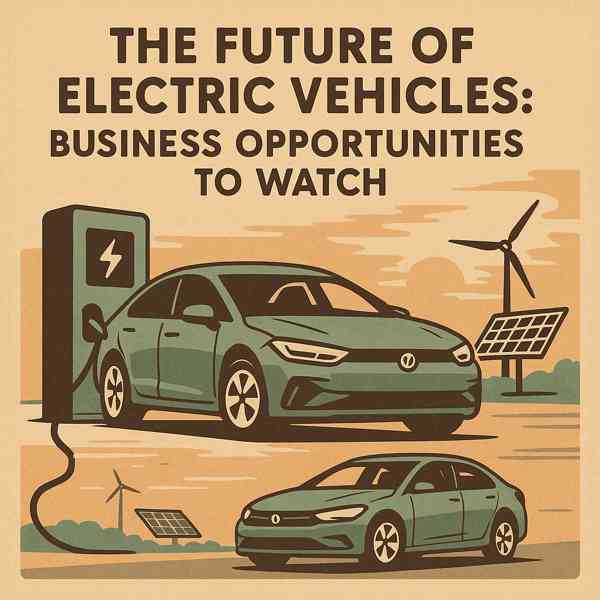
As the world shifts toward sustainability, electric vehicles offer a eco-conscious solution to our mobility needs.
As battery technology improves and infrastructure expands, owning an electric vehicle has never been more practical.
What Are Electric Vehicles?
Unlike gasoline-powered cars, EVs produce zero tailpipe emissions.
Key components of EVs include:
- Replaces the internal combustion engine
- Usually lithium-ion or solid-state
- Manages energy flow from battery to motor
- Allows the vehicle to recharge from external sources
Electric vehicles come in various types, such as plug-in hybrids (PHEVs)—each with different levels of electrification.
Benefits of Electric Vehicles
The rise of electric vehicles is fueled by their numerous benefits.
Major benefits include:
- Reduced maintenance needs
- No tailpipe emissions
- Better overall driving comfort
- Financial perks for EV buyers
For eco-conscious and cost-aware drivers, electric vehicles are an increasingly responsible choice.
Challenges of Electric Vehicles
Understanding the limitations of electric vehicles will help you make an informed decision.
Potential drawbacks to keep in mind:
- May require more frequent charging
- Longer trips need planning
- More expensive upfront than comparable gas models
- Replacement can be costly without warranty
As technology advances and infrastructure improves, many of these challenges are becoming easier to manage.
Types of Electric Vehicles
Choosing the right type depends on your lifestyle, commute, and charging access.
Categories of electric vehicles:
- get more info Run only on electricity
- Plug-in Hybrid Electric Vehicles (PHEVs)
- Self-charges through regenerative braking
- Use hydrogen to generate electricity
Each type has its pros and cons, so buyers should choose accordingly.
EV Charging and Infrastructure
There are multiple charging levels and methods depending on your location.
Types of EV charging stations:
- Slow but accessible anywhere
- 240V outlet at home or public stations
- DC Fast Charging
- Wireless or inductive charging (emerging tech)
As public charging networks expand, EV owners will enjoy even more freedom, flexibility, and convenience.
The Future of Electric Vehicles
Electric vehicles are here to stay.
Where EVs are going:
- Higher energy density and faster charging
- Turning cars into energy assets
- Autonomous electric vehicles
- More choices at lower prices
As innovation continues, EVs will become more dominant in the automotive world.
Conclusion
Electric vehicles represent a major shift in how we think about energy use.
From environmental benefits to cutting-edge tech, electric vehicles offer a exciting alternative to traditional cars.
Comments on “Electric Vehicles: A Complete Guide”